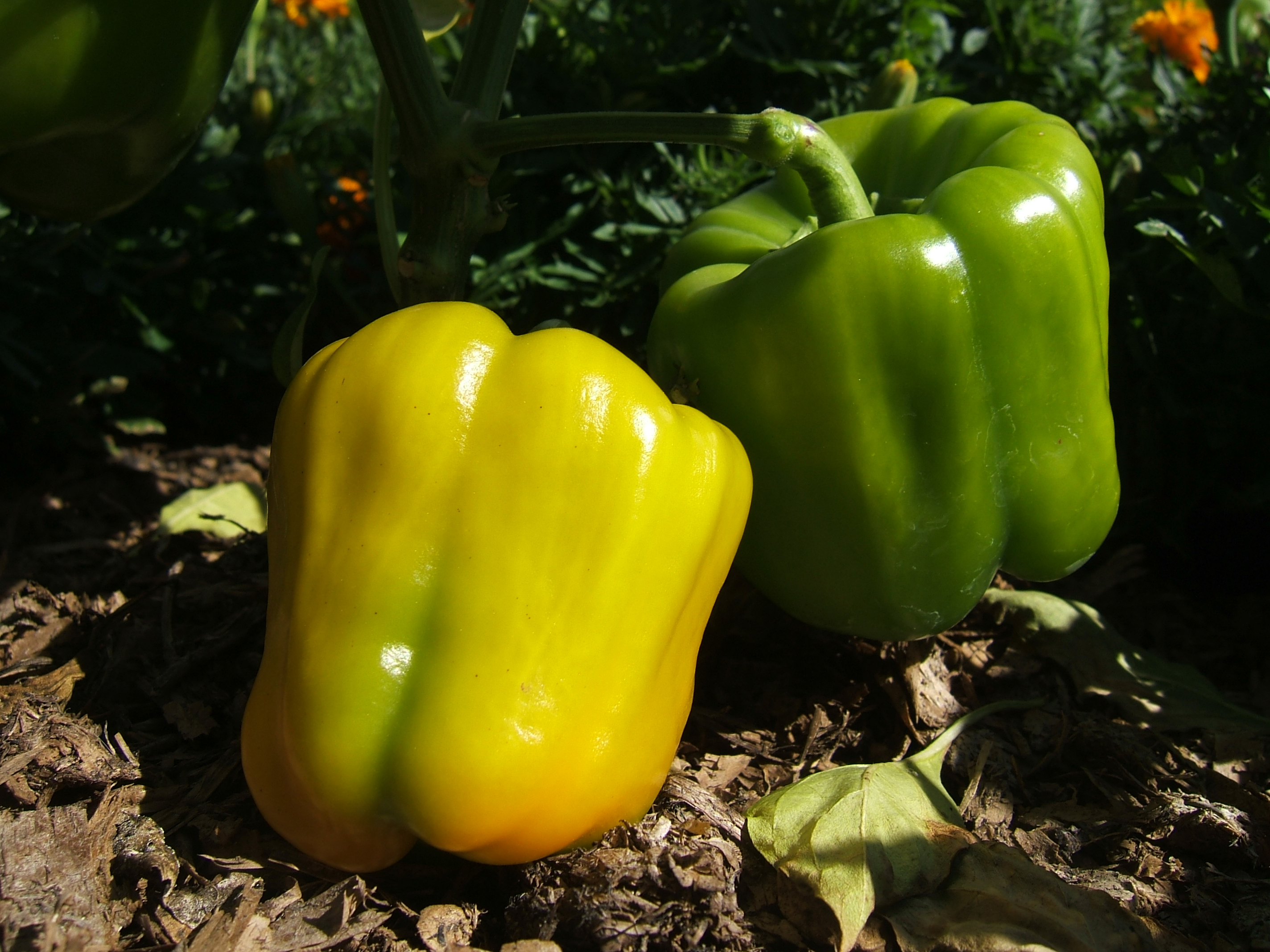Best Fertilizers for Peppers: Boost Development and Taste with Our Leading Picks
Best Fertilizers for Peppers: Boost Development and Taste with Our Leading Picks
Blog Article
Organic Vs. Synthetic Fertilizers: Which Is Best for Supporting Healthy And Balanced Pepper Plants?
In the realm of supporting healthy and balanced pepper plants, the option between organic and artificial fertilizers stands as a pivotal choice with far-ranging ramifications. While both alternatives goal to provide necessary nutrients to sustain plant growth, the subtleties of their influence on the soil, plant wellness, and the atmosphere spark a discussion that mirrors throughout the gardening area. Recognizing the distinct benefits and prospective pitfalls of each plant food kind is critical for pepper cultivators seeking to maximize their yields while keeping a sustainable and eco-conscious method.
Advantages of Organic Fertilizers
Organic plant foods offer an environmentally-friendly and sustainable strategy to nourishing pepper plants, providing necessary nutrients without making use of artificial chemicals. These natural plant foods are stemmed from organic resources such as compost, manure, bone meal, and algae, promoting dirt health and biodiversity. Unlike synthetic plant foods, organic alternatives release nutrients slowly, ensuring a balanced and constant supply for pepper plants to flourish.
One substantial benefit of organic plant foods is their capacity to improve soil framework and water retention. By enhancing soil wellness, organic fertilizers advertise useful microbial task, which aids in nutrient uptake by pepper plants. Furthermore, natural fertilizers decrease the threat of chemical run-off, safeguarding water resources from air pollution and protecting the setting.
In addition, organic fertilizers add to long-lasting dirt fertility by advertising the growth of useful dirt microorganisms. These microorganisms help break down raw material, releasing nutrients in a type that is conveniently obtainable to pepper plants. best fertilizers for peppers. By fostering a healthy soil community, organic fertilizers support lasting pepper growing methods that profit both plants and the setting
Drawbacks of Artificial Fertilizers
Artificial plant foods, as opposed to their natural equivalents, present different drawbacks when used to nourish pepper plants, impacting both plant wellness and ecological sustainability. One significant downside of artificial fertilizers is their tendency to leach nutrients from the dirt swiftly. This rapid leaching can result in nutrition discrepancies in the soil, causing plants to struggle with shortages or poisonings. Additionally, artificial fertilizers can harm advantageous soil organisms, such as earthworms and useful bacteria, disrupting the dirt environment's balance.
Additionally, the overuse of synthetic plant foods can contribute to water air pollution. Excess fertilizers not absorbed by plants can clean away into water bodies, bring about eutrophication, where algae flowers diminish oxygen levels in the water, damaging aquatic life. Synthetic fertilizers are typically obtained from non-renewable sources, such as fossil fuels, adding to carbon emissions and environmental destruction during their manufacturing.
Nutrient Absorption Contrast
Effective nutrient absorption plays an essential role in the total health and growth of pepper plants. When comparing natural and synthetic fertilizers in regards to nutrient absorption, natural plant foods have the advantage of supplying an extra balanced and slow-release source of nutrients (best fertilizers for peppers). Organic plant foods have a variety of macro and micronutrients that are not just beneficial for the plants but additionally advertise healthy soil microbial activity, which helps in nutrient uptake. On the various other hand, artificial fertilizers typically give a quick launch of nutrients, which can lead to leaching and overflow, leading to reduced nutrient absorption prices by the plants.
Furthermore, organic fertilizers boost dirt framework and water retention ability, allowing pepper plants to gain access to nutrients extra successfully. This better dirt high quality assists in root advancement, allowing much better nutrient absorption. Artificial plant foods, although at first improving plant growth due to their high Continue nutrient concentrations, might impede long-lasting nutrient absorption by degrading dirt wellness gradually.
Environmental Impact Factors To Consider

On the other hand, artificial fertilizers, although often more right away available and focused to plants, can have detrimental results on the environment otherwise applied effectively (best fertilizers for peppers). Their production calls for high energy inputs, bring about greenhouse gas discharges and adding to climate adjustment. The runoff of excess artificial plant foods can contaminate water resources, leading to eutrophication and damaging aquatic environments.
Finest Plant Food Practices for Peppers
When feeding pepper plants, maximizing nutrient uptake and decreasing environmental influence are essential factors to consider. To attain this, it is vital to comply with finest plant food techniques customized to the details needs of pepper plants. One essential method is to carry out a soil test before applying any fertilizers. This test can identify the pH level of the soil and determine any type of nutrient shortages, assisting you in picking one of the most appropriate plant food formula.
One more essential practice is to feed pepper plants at the correct time. Commonly, peppers gain from getting fertilizer at planting and after site that once more when they begin to flower. Over-fertilizing can lead to nutrient inequalities and hurt the plants, so it is important to adhere to suggested application rates.
Furthermore, picking a balanced plant food with an NPK ratio that matches pepper plants' requirements is essential. Ultimately, integrating organic and synthetic plant foods judiciously can assist support healthy pepper plants while lessening environmental influence.
Conclusion

Organic fertilizers supply an environmentally-friendly and sustainable technique to beneficial pepper plants, providing vital nutrients without the usage of synthetic chemicals. Unlike synthetic fertilizers, natural alternatives release nutrients slowly, making sure a steady and balanced supply Get More Info for pepper plants to grow.
Artificial plant foods, in contrast to their organic counterparts, position various drawbacks when utilized to nurture pepper plants, influencing both plant wellness and ecological sustainability. When contrasting synthetic and organic fertilizers in terms of nutrient absorption, organic fertilizers have the advantage of supplying a more balanced and slow-release source of nutrients.Moreover, natural fertilizers improve soil structure and water retention capability, enabling pepper plants to gain access to nutrients much more effectively.
Report this page